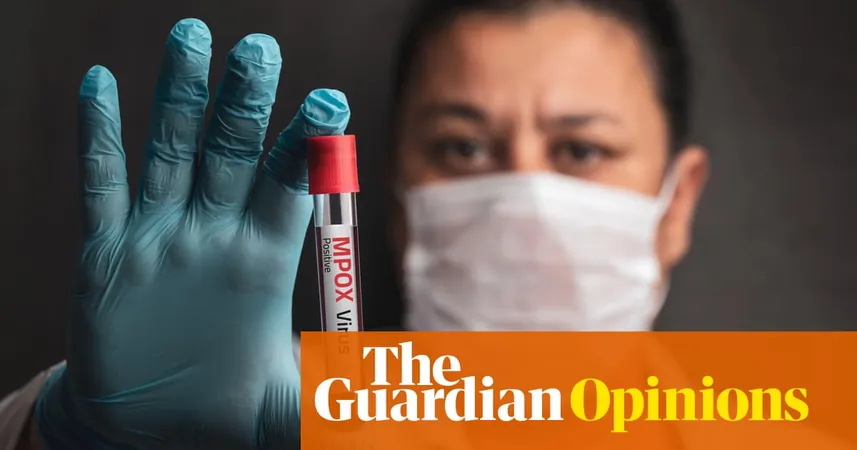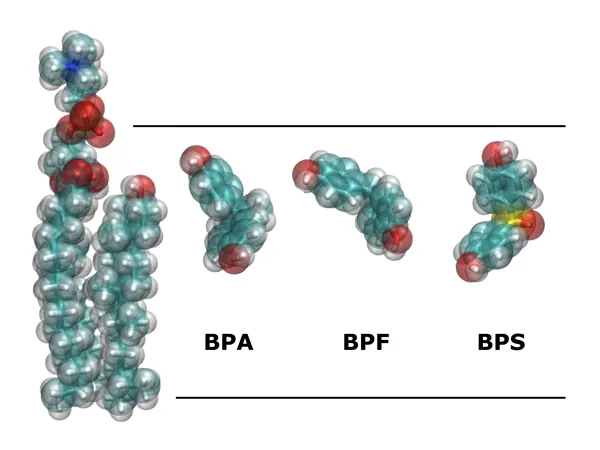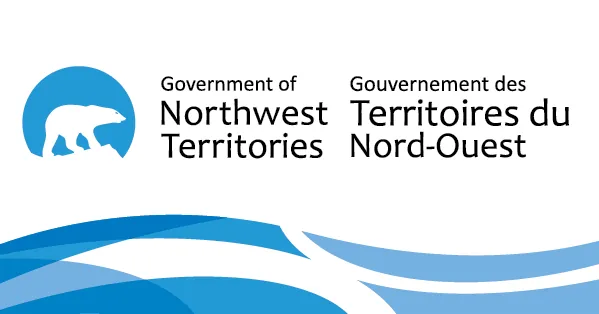
The Urgent Call to Action Against the Mpox Outbreak: A 100-Day Countdown to Combat a Emerging Global Threat
2024-11-21
Author: Amelia
Introduction
In a stark reminder of the ever-evolving landscape of infectious diseases, the world is now grappling with a new strain of mpox, labeled clade 1b. Originally surfacing in central Africa, this variant has rapidly spread across continents, leading the World Health Organization (WHO) to declare a public health emergency of international concern. Alarmingly, in just the past month, cases have surfaced in the UK, US, Germany, Sweden, and India, sparking urgent global discussions.
The Importance of the First 100 Days
The first 100 days of any outbreak are critical in shaping the trajectory of an epidemic. Inspired by the lessons learned from the COVID-19 pandemic, which taught us the importance of rapid response, global leaders established the "100 Days Mission." This ambitious initiative aims to ensure that safe and effective tests, treatments, and vaccines are available within 100 days of identifying a pandemic threat. As of this week, we have reached that 100-day mark since the WHO's declaration—so how have we fared in this crucial window?
Positive Developments
On the positive side, there have been noteworthy achievements. The Africa Centres for Disease Control (Africa CDC) has stepped up, highlighting regional leadership in addressing the outbreak. This has been accompanied by expedited regulatory approvals for vaccines and significant commitments for vaccine donations from various nations. Encouragingly, the groundwork for vaccine development laid during quieter periods has allowed for quicker responses to emerging threats.
Challenges in Vaccine Distribution and Testing
Yet, the stark reality remains: vaccines alone cannot halt the spread of mpox. Despite ongoing vaccination campaigns, the global rates of transmission continue to rise. One major hurdle lies in testing; the actual number of cases may be much higher than reported due to testing challenges. Effective and accessible testing is vital for early detection and containment. As it stands, the only approved mpox tests require laboratory facilities that are often unavailable in remote areas.
Case Study: The Democratic Republic of Congo
Take the Democratic Republic of Congo (DRC), for instance, where the Africa CDC aims to test 80% of suspected cases. Unfortunately, as of this week, they have only managed to test 36%. The delays in obtaining results—sometimes up to three days—further enable the virus to spread among populations before identification.
Innovations in Testing
To address these testing deficiencies, the WHO has authorized a rapid test that can be administered without a laboratory setting. This test has the potential to dramatically improve accessibility and provide quicker results. The Africa CDC has already secured 42,000 test kits to enhance local testing capabilities. Organizations like the Foundation for Innovative New Diagnostics (Find) have evaluated numerous diagnostic tests and are working towards identifying point-of-care rapid diagnostic tests (RDTs) that could operate similarly to the rapid COVID tests familiar to many.
The Need for Effective Local Testing
However, as the clock ticks at day 100, no WHO-approved antigen-based RDT truly meets the standards needed for effective use in communities, particularly in rural regions. Without effective local testing, efforts to monitor and manage the outbreak will falter. Comprehensive measures need to be put in place to strengthen both human and infrastructural testing capabilities.
Cautious Optimism in Treatment Options
In terms of treatment options, there's cautious optimism as researchers explore repurposing existing drugs for mpox. Clinical trials are currently underway; however, frustratingly, after 100 days, no effective therapeutic options have emerged specifically for this new variant. Because many individuals may not have access to vaccines, the availability of treatments becomes crucial—yet funding limitations and a lack of political focus mean that few new drugs are being developed for infectious diseases prone to outbreaks.
The Urgency for a Global Response
As we look ahead, the urgency for a global response cannot be overstated; with mpox circulation, the potential for new variants presents a real risk to the efficacy of current vaccines and treatments in development. It is imperative that there is a concerted effort from world leaders to ensure equitable vaccine distribution and to implement community-centered public health measures.
A Litmus Test for Preparedness
Mpox is a litmus test for our resolve and readiness. Reflecting on previous health crises, it is evident that a better preparedness could have led to a swifter response this time around. Since this is the second mpox emergency we've faced in two years, there's a pressing need for expedited research and development efforts.
Emerging Health Threats
Moreover, emerging health threats are becoming more frequent. Recent incidents, such as the zoonotic spillover of H5N1 and the largest outbreaks of both dengue and Marburg virus highlight the precarious nature of our public health landscape.
Conclusion and Call to Action
The 100 Days Mission serves as a framework to protect nations in this interconnected world, but proactive action is essential—even before the bell rings at day zero. Collaborative efforts at every level, across all sectors, are paramount. Together, we have the power to write a new chapter in pandemic history—are we ready to seize this chance?









 Brasil (PT)
Brasil (PT)
 Canada (EN)
Canada (EN)
 Chile (ES)
Chile (ES)
 España (ES)
España (ES)
 France (FR)
France (FR)
 Hong Kong (EN)
Hong Kong (EN)
 Italia (IT)
Italia (IT)
 日本 (JA)
日本 (JA)
 Magyarország (HU)
Magyarország (HU)
 Norge (NO)
Norge (NO)
 Polska (PL)
Polska (PL)
 Schweiz (DE)
Schweiz (DE)
 Singapore (EN)
Singapore (EN)
 Sverige (SV)
Sverige (SV)
 Suomi (FI)
Suomi (FI)
 Türkiye (TR)
Türkiye (TR)